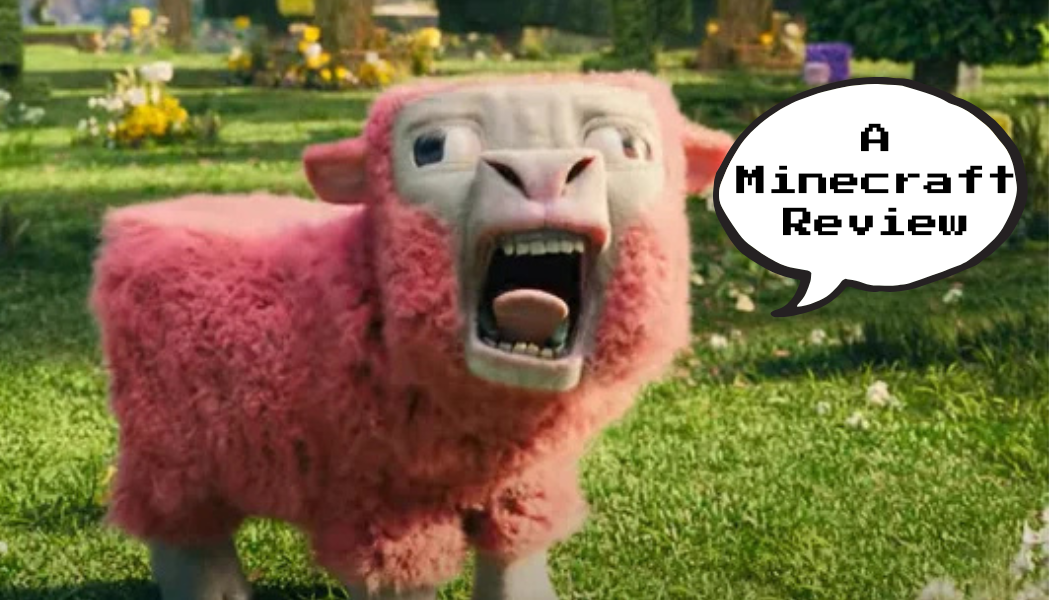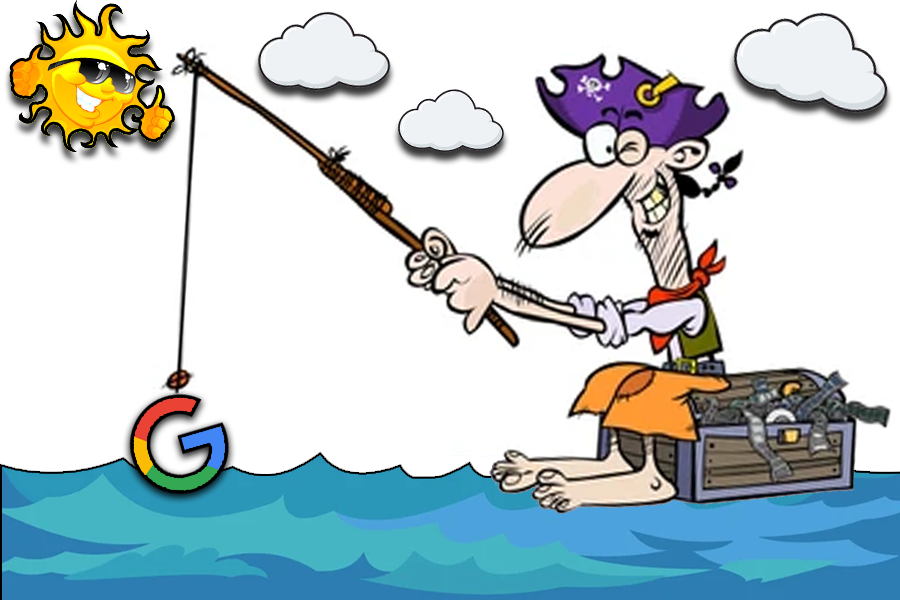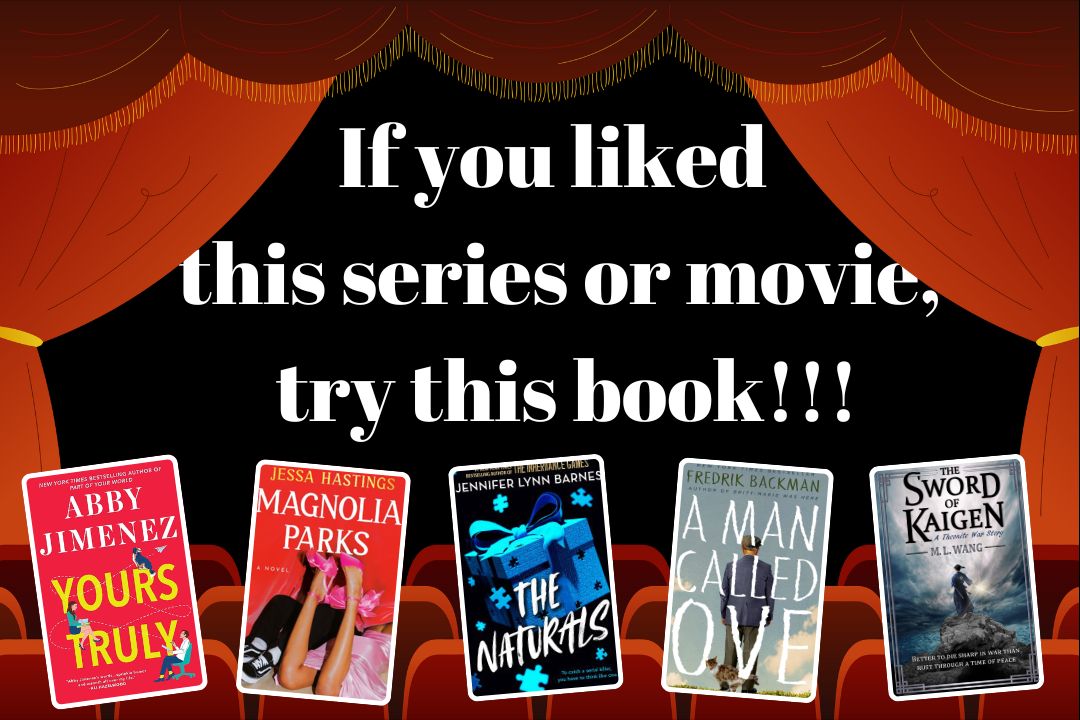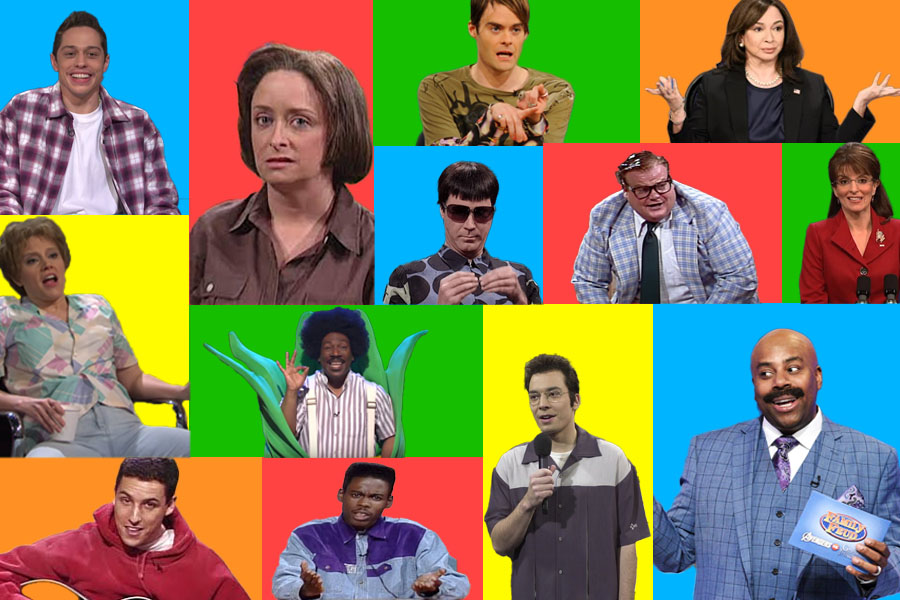There has been a lot of buildup to “Glass.” Ever since director M. Night Shyamalan revealed the secret connection between the cult classic “Unbreakable” and 2016’s “Split” at the conclusion of the latter film, and audiences have been intrigued by what Shyamalan had in store. After much speculation and anticipation,“Glass” has finally arrived. But does the conclusion to this unforeseen trilogy shatter expectations, or does it fall apart at the seams?
“Glass” picks up several months after the conclusion of “Split” with David Dunn (Bruce Willis) hunting down Kevin Crumb (James Mcavoy) and the 20+ personalities he possesses. After a series of events, Dunn ultimately ends in a conflict that pits him against his former rival Mr. Glass, played by Samuel L. Jackson, and other mysterious forces.
Shyamalan has slowly been making a comeback in the film industry, and with his success in “Split,” many were anticipating a return to form for this once-influential director. It can be said that Shyamalan does what he does best with “Glass;” he excites audiences with a promise of an excellent movie and months later at the release disappoints with the lackluster quality of his films. To put it simply, “Glass” is not just disappointing, but bland, boring and underdeveloped.
Shyamalan’s screenplay is mediocrity at its finest. A great majority of the film’s dialogue is banal, which is a huge issue considering the film primarily relies on its dialogue to carry the story. Many opportunities are missed and many characters deliver wooden and awkward lines that lack any level of nuance or style. The absence of this greatly hinders the audience’s ability to immerse themselves into the narrative. The unsatisfactory nature of the script is only further emphasized by the film’s abysmal pacing. All three acts of the film fail to give the audience a reason to care or get invested. Most scenes are comprised of uninteresting exposition that fails to truly engage the audience in a unique way. Even action scenes that are meant to keep the masses at the “edge of their seats” are anticlimactic. What would have remedied many of these issues is another edit of the script.
There’s a lot to criticize “Glass” for, but Shyamalan’s direction is quite good. Even though the quality of his films are often lacking in greatness, it is clear he is a seasoned veteran of the industry. This experience, along with great cinematography, makes “Glass” slightly more bearable to watch. What truly stands out as the saving grace of the film is Mcavoy’s performance as Kevin Crumb. Mcavoy doubles down on the intensity and unpredictability of his character. Many of the film’s best moments come from Crumb’s disturbing transformation into each of the unique personalities he has, and it’s exhilarating to see what transpires every time Mcavoy is on screen. He’s the only character in the film that maintains such a presence throughout it’s long run-time, which is disappointing. Samuel L. Jackson is criminally underused in his role as the titular Mr. Glass and while it’s great to see Bruce Willis collaborating with Shyamalan once again, his performance is underwhelming. Willis seems to be phoning in his performance for the entire outing. Many side characters are delegated to mundane, useless subplots, and the true antagonist of the story is worthless, forgettable and lacks any sufficient development to make them interesting. “Glass” has a great cast of potentially compelling characters, but ultimately Shyamalan fails to truly utilize them to their maximum effect. Furthermore, the film’s primary setting, a prison/mental institution, is incredibly forgettable and bland because it lacks any sort of personality or intrigue. It’s a shame honestly, because the premise seems interesting enough that it would work but unfortunately poor development handicaps this film.
“Glass” is frustrating to experience because of the shortcomings, and these issues ultimately stem from an identity crisis that lies at the core of the film. It seems like part of the movie desperately wants to be a sequel to “Unbreakable” while another part seems like it wants to be an intense follow-up to “Split”. While aspects of both films are implemented into “Glass”, it is clear that it’s not a combination that works too well. The film’s score is a great example of this. At times, sharp and staccato strings will intensify scenes in the film, typical in a horror film, while calm piano music subsequently is utilized in the next scene, reminiscent of the psychological thriller “Unbreakable”. Unfortunately, it is these odd moments of confusion that highlight the inconsistent approach to the film.
Many directors find a way to leave their creative watermark in each of their films. Alfred Hitchcock had a cameo in each of his films. J.J. Abrams is greatly known for his obsessive use of lens flares. In the case of M. Night Shyamalan, it is epic twist endings. The unexpected plot points that appear in the final act of the film are hit or miss. One surprise in particular was actually quite profound and shocking. Unfortunately, the film ruins this creative twist by adding more unnecessarily convoluted elements to the finale. In an attempt to elevate the scope of the film, Shyamalan throws too many ingredients into the mix to the point where he overwhelms the audience. The film’s ending suffers greatly because of this and ends the films on a hilariously illogical note.
“Glass” is like the character it takes its name from; delicate. At face value, the film could stand on its own. But once one looks deeper into the film’s flaws, it does not take long to realize the unremarkable quality of the movie. Simply put, “Glass” is not terrible, but it is not great. Forgettable, unexceptional and average, “Glass” fails to truly end Shyamalan’s secret trilogy in a heroic manner.















